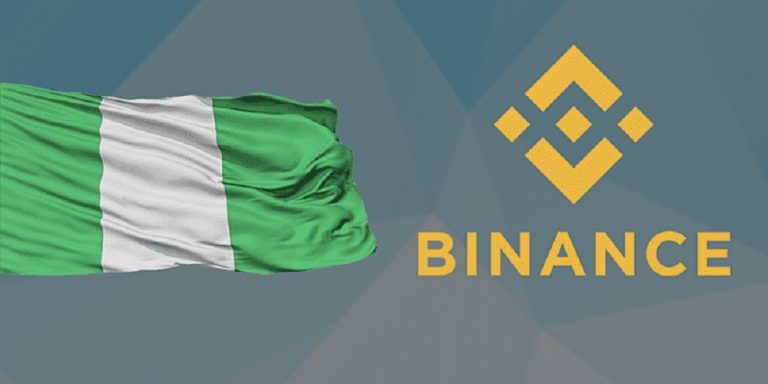Late in the evening of February 21, news broke of an imminent clampdown by the Nigerian government on Binance and other cryptocurrency exchanges within the country. This speculation came on the heels of the depreciating value of the naira, which plummeted to an all-time low of N1900 to a dollar on the parallel market. The decline in the value of the naira has been accompanied by a steep rise in inflation, resulting in the astronomical costs of foods and other commodities.
“The prices of goods double as the Naira continues to crash day by day,” said an electronics merchant who identified himself as Gozie.
In an X post entitled “The Naira-Dollar Manipulators,” an adviser to the president accused cryptocurrency exchanges of manipulating the naira and “hijacking CBN [sic] role.”
“Binance…other crypto crypto platforms such as KuCoin, ByBit should be banned from operating in our cyberspace,” Bayo Onanugu tweeted.
The Naira-Dollar manipulators
I chanced on an X post Tuesday night by one Brother Bernard @Mikael C Bernard who railed against what he called the order of the EFCC, NSA on Finance to set a cap on traders selling USD tokens for Naira equivalent.
He disclosed that token sellers… pic.twitter.com/c9YBjawJMz
— Bayo Onanuga (@aonanuga1956) February 21, 2024
This is, however, not the first time the Nigerian government has considered banning Binance. In 2021, the erstwhile governor of the Central Bank of Nigeria barred banks and financial institutions from facilitating cryptocurrency transactions, alleging concerns of money laundering and terrorism financing in a memo. Later that same year, the CBN would ban AbokiFX, a website that tracks forex rates, on the grounds of forex manipulation.
At the time of the CBN’s restraining order in February 2021, the exchange rate stood at N475 to a dollar on the parallel market. The naira has been on a sustained decline since then, aggravated in part by President Tinubu’s experimental policy to float the currency, and culminating in an inflation rate of nearly 30%.
With financial institutions barred from processing cryptocurrency transactions, P2P marketplaces promptly became a one-stop shop for crypto users in Nigeria. Today, Nigeria boasts the largest P2P market in the world, powered by a tech-savvy population seeking to hedge against galloping inflation in the country. Even a reversal of the CBN’s ban on cryptocurrency transactions, issuing operating guidelines for virtual asset service providers and financial institutions, has failed to restore trust in the national currency.
The present administration has struggled frantically to arrest further depreciation of the naira, employing threats and even a gun duel with Bureau de Change operators in Abuja. These strong-arm tactics have hardly brought any respite for the naira, hastening its decline even further instead.
Following the allegations of manipulating the naira, Binance set a price cap on Tether $USDT tokens on its P2P platforms, forcing traders to sell at a limit of N1802 per USDT. This caused the naira to appreciate significantly on the parallel market, recording a 17.2% gain. As with AbokiFX, a ban on cryptocurrency exchanges is hardly likely to halt the freefall of the naira. On the morning of Friday, the exchange rate stood at N1700 to a dollar. enroute to an all-time high perhaps.
On February 21, reports emerged that the Nigerian government plans to crack down on Binance and other cryptocurrency exchanges amid the naira's devaluation to an all-time low of N1900 to a dollar and rising inflation. An adviser to the president accused crypto exchanges of manipulating the naira and called for a ban on platforms like Binance, KuCoin, and ByBit.
This isn’t the government’s first attempt to restrict cryptocurrency activities. In 2021, the Central Bank of Nigeria (CBN) prohibited banks from facilitating cryptocurrency transactions, citing concerns over money laundering and terrorism financing. However, this led to the rise of peer-to-peer (P2P) marketplaces, making Nigeria the world's largest P2P market, as citizens sought alternatives to hedge against high inflation.
Despite recent regulatory efforts and Binance capping the USDT exchange rate to curb manipulation, the naira continues to depreciate, reaching N1700 to a dollar on the parallel market.






